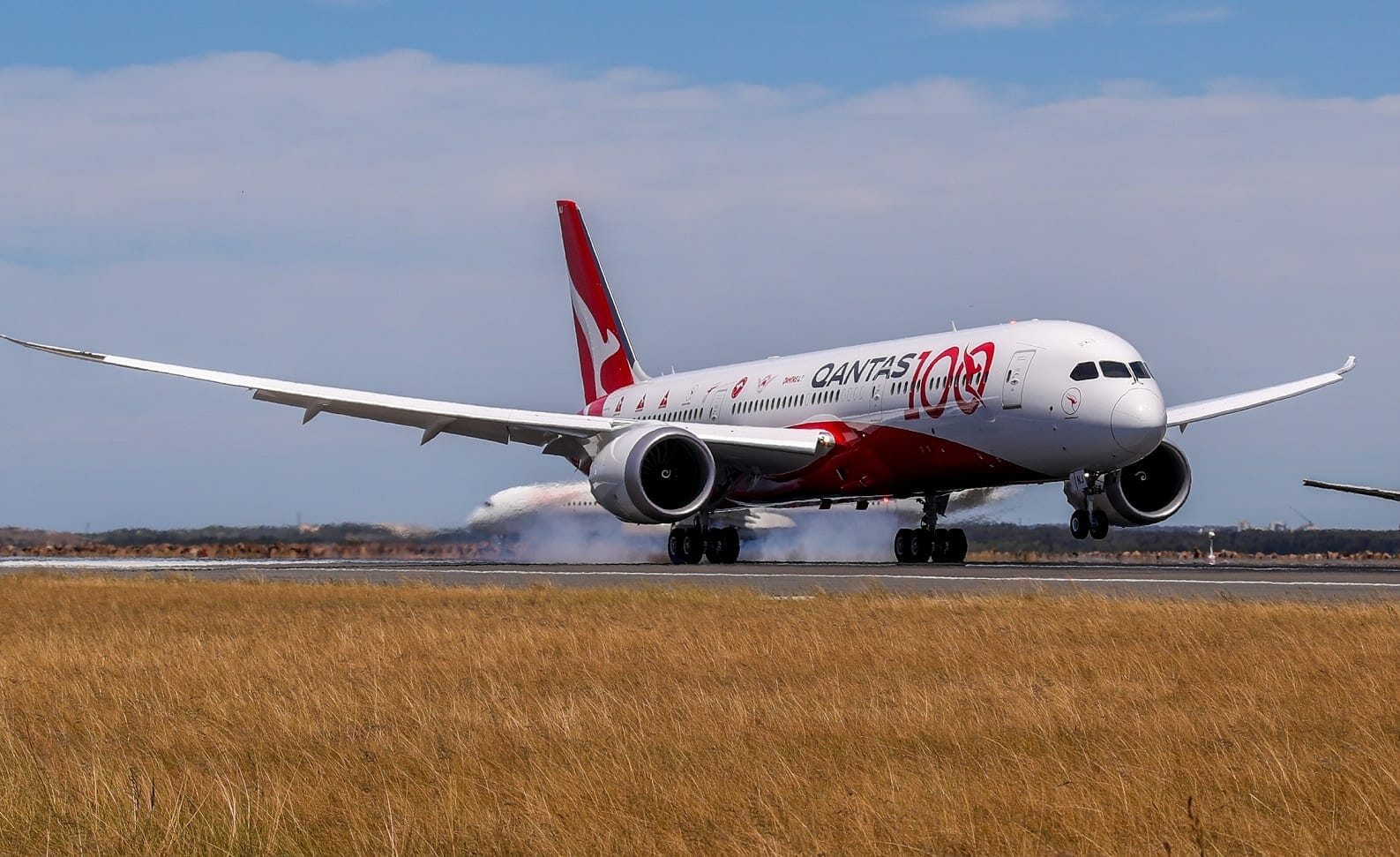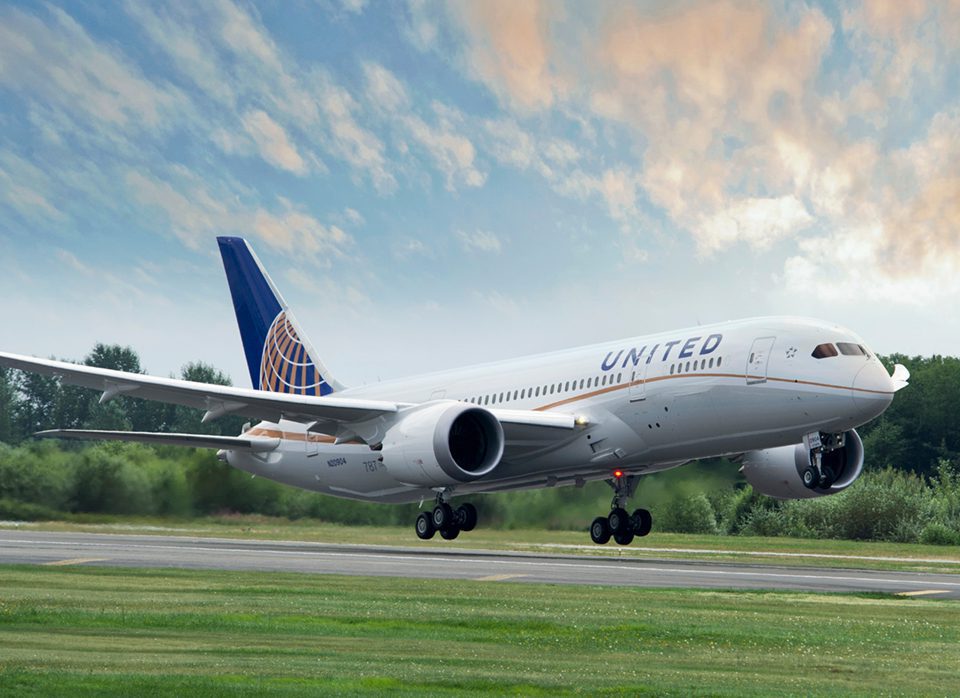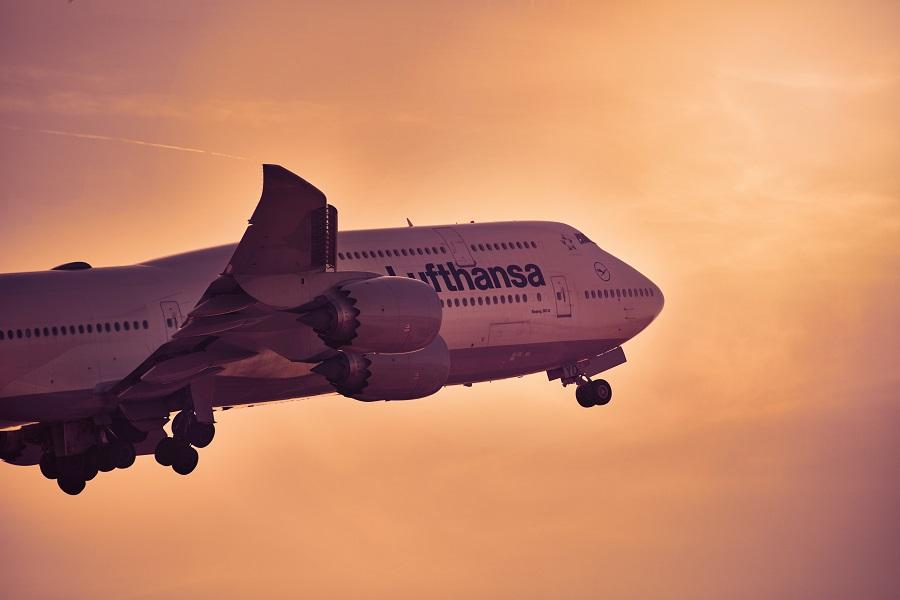Qantas CEO Alan Joyce repeated his view that airlines will require mandatory vaccines for passengers who travel internationally. While his call resembles others in the industry, not everyone agrees with him. And perhaps the key is in the details.
Mr. Joyce’s original statement was as follows:
“What we are looking at is how you can have [a] vaccination passport, an electronic version of it, that certifies what the vaccine is, is it acceptable to the country you are travelling to. There’s a lot of logistics, a lot of technology that will be needed to be put in place to make this happen. But the airlines and the governments are working on this as we speak”.
As we pointed out at the time, this was not the first time that such an idea made the rounds in aviation. Lufthansa’s Bjoern Becker had already talked about ‘Immunity Passports’, along similar lines. However, one important difference is that Mr’ Becker wasn’t speaking exclusively about vaccines. He was describing a system where either testing, or vaccines would be mandatory. Or alternatively, a passenger could board if he/she had recently had the virus, and was now immune.

Anonymity For Mandatory Testing Or Vaccines?
Airlines are already looking at ways of doing all this anonymously, i.e. without the airline itself accessing passenger health information. Third-party health apps for testing, like United Airlines’ CommonPass, are what airlines seem to have in mind. American Airlines is trialling a similar system, called ‘VeriFLY’. The airline will begin trials of the system to Chile soon.
The hope is that the various health systems of different countries can get involved, providing more such options for travellers. If the systems are robust, vaccines don’t need to be mandatory. With a mechanism that satisfies people’s demands on anonymity, the same principle can work for testing, vaccines or medical history.

More recently, Qantas’ Alan Joyce pointed out that vaccines are already mandatory for things like yellow fever or malaria, in some parts of the world. He reiterated that he believes it will be primarily governments that will demand vaccination. But it might come down to airlines, too. He is confident that the public is mostly supportive, and that most reactions come from people who oppose mandatory vaccines in general:
“I acknowledge some people are opposed to vaccines in-principle. We respect that. But in return, we ask everyone who travels on Qantas and Jetstar to respect our safety protocols – which will include a COVID vaccine for international flights”.
Others In Aviation Chiming In
Recently, Airports Council International (ACI), a body representing airports worldwide, waded in on the subject. Their position is more akin to Lufthansa’s: there should be a choice between testing and vaccination. ACI make an additional point, however. If vaccines become mandatory, there will be obstacles in places where vaccination will take more time to arrive.

IATA (representing many airlines) also spoke on the matter, stating that mandatory vaccines would not work globally. The airlines would like to see more focus on testing. Specifically, they’d like governments to agree to some sort of common standard on testing. Again, the establishment of such a system could eventually lead to the handling of vaccine information.
That said, firstly people need to agree on how to treat each vaccine. None of them have gotten official approval yet (except one, in the UK). So, it will take months or years before any kind of comparative evaluation becomes possible. Not to mention that if it happens, it will likely involve some politics.



